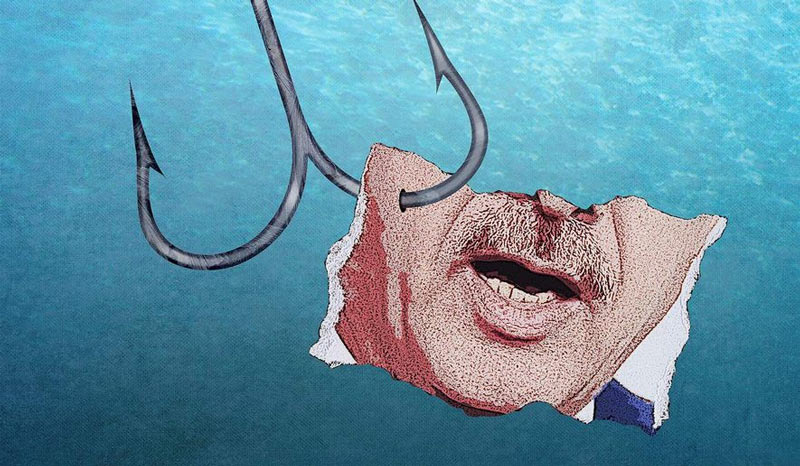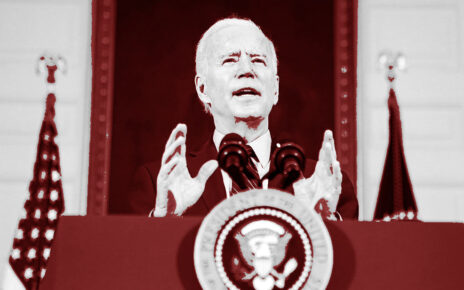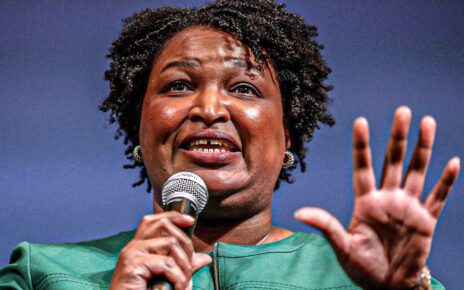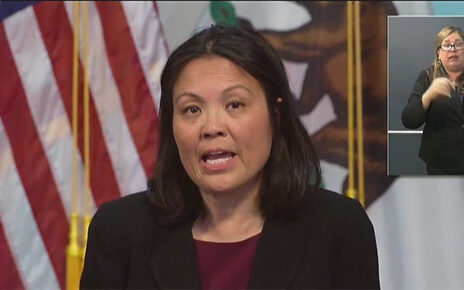The Senate should not tolerate the normalization of national security leaks
By Victoria Coates | The Washington Times | Tuesday, April 20, 2021
Illustration by Greg Groesch/The Washington Times
Hostile actors such as Russia and China spend billions trying to gather information to gain military or economic advantages against the United States, and such information is routinely discussed by the president’s senior advisers on the National Security Council staff as they develop policy options for the administration in a series of formal meetings that take place in classified settings — in fact, even subjects let alone the contents of these meetings are not to be disclosed in unclassified email systems.
What wouldn’t Russia or China give to know how our nation’s leaders might respond to a provocation against Ukraine or Taiwan — or how they might exploit this information to our detriment? That is why those entrusted with our nation’s secrets are bound under penalty of law to protect those secrets. And it is why we cannot normalize leaks of those secrets.
Which brings us to Colin Kahl, Joe Biden’s vice-presidential national security adviser who has been nominated to the number-three position at the Pentagon: the undersecretary of Defense for policy.
When I served on the National Security Council (NSC) from Jan. 20, 2017, to Feb. 21, 2020, I participated closely in the NSC’s classified policy process. All of us who did so were responsible for countering and, whenever possible, preventing leaks of classified and otherwise sensitive information. Particularly in the early days of the administration, it sometimes was an uphill battle.
On Dec. 20, 2017, a foreign newspaper — citing “two former US officials familiar with current thinking and a third figure in the administration” — reported that the Trump administration was examining possible military options against North Korea. This information was classified.
On that same day, Mr. Kahl — who less than a year prior had served in the White House — publicly and shockingly confirmed this leak: “You’re not wrong,” Mr. Kahl tweeted, adding: “Not a terribly reliable source by itself, but I’ve heard this separately from multiple sources inside Administration [sic].”
The NSC and other White House deliberations of possible military options are among the most highly sensitive processes that the U.S. government conducts and therefore are always highly classified. This was apparently an attempt to confirm a leak of such sensitive and classified information by a former senior government official through his access to career government employees still serving — to undermine the efforts of the new administration to conduct national security policy. This is just one of many examples of such public statements, in some of which Mr. Kahl references his personal sources inside of active interagency deliberations, the setting and conclusions of which were of course classified.
Ultimately, it’s up to the National Security Council, as the original classification authority, to determine what is classified and what is not — but it is very difficult to argue that the contents of these meetings and their conclusions were not classified. There are two potential breaches here: the original leaking of the information to the press and to Mr. Kahl, then his public confirmation of it.
Certainly those who spilled the information should be held responsible if they can be identified — but they did not go on the record with their revelations, and they are not being nominated to one of our nation’s most sensitive national security positions. The re-emergence of these tweets drives serious questions with significant national security implications. For example, before Mr. Kahl was nominated, did the career staff at the NSC who are charged with reviewing the public statements of former senior NSC and White House officials, examine his public statements on social media? Have they been asked to do so now?
In addition, questions for the Federal Bureau of Investigation, which is responsible for reviewing the backgrounds of presidential nominees, are whether they were aware of these tweets? Or were they missed in his background investigation? The NSC and FBI should not only conduct a full review of all of Mr. Kahl’s writings, speeches and public statements to review for other damaging revelations of sensitive information before the Senate takes any further step on this nomination, but they should also consider instituting more rigorous social media checks for all political nominees to sensitive postings than the current practice of self-disclosure. This must apply to nominees of both parties.
As for Mr. Kahl, hundreds of thousands of dedicated civil servants and military personnel hold security clearances and maintain the discipline necessary to protect state secrets. It will be incumbent on the Senate to decide if senior political appointees should be held to a different standard than a 20-year civil servant.
And this is what concerns me most, as it should concern all charged with protecting classified information: If the message is sent that Mr. Kahl’s behavior is not just permitted but rewarded with one of the most senior positions in government, we could open the floodgates. Debasing the requirement to protect classified materials will create a lower standard, risking untold volumes of secret materials that might be exposed for political gain.
Leaks are an unfortunate reality in Washington, D.C., and the White House should be on alert that if Mr. Kahl is confirmed, the next leak may be about one of their own secret national security meetings, enabled by their turning a blind eye to his past indiscretions. This should not be a partisan issue as it will make all Americans less safe, and every senator who takes our national security seriously should take note before they cast their votes.




